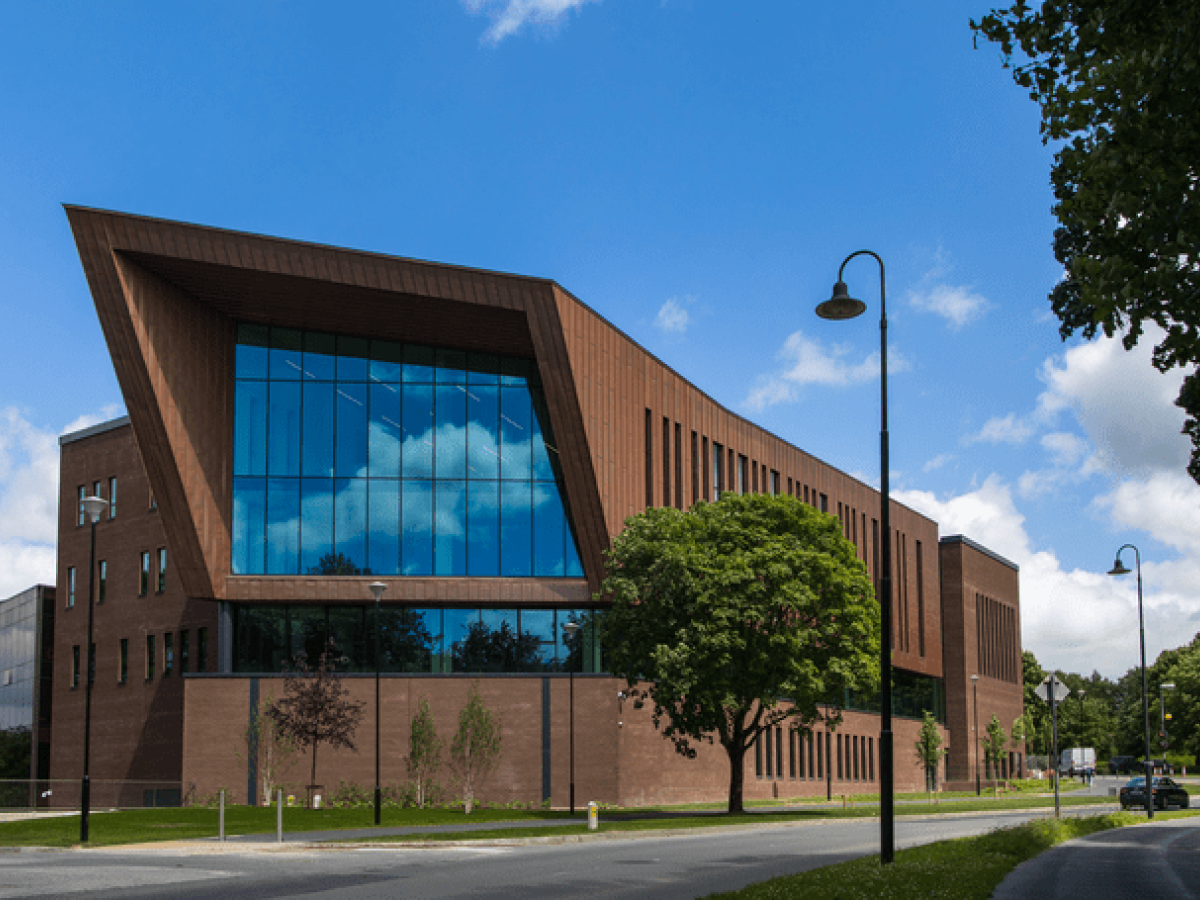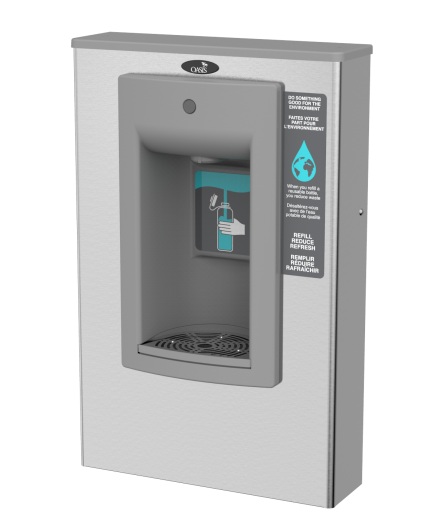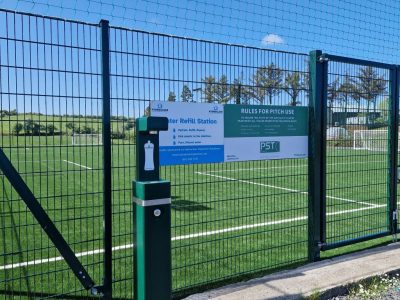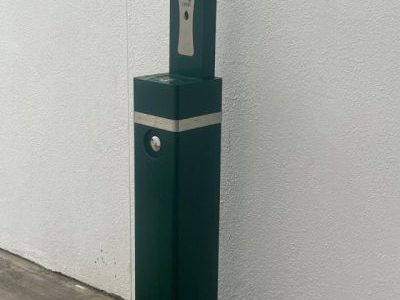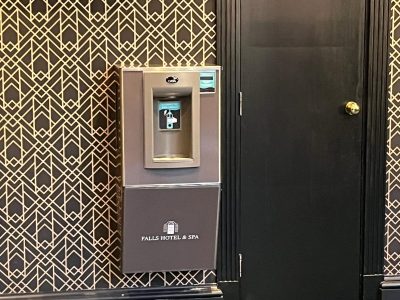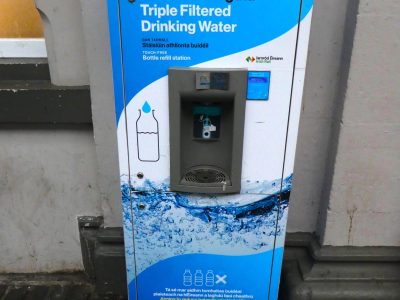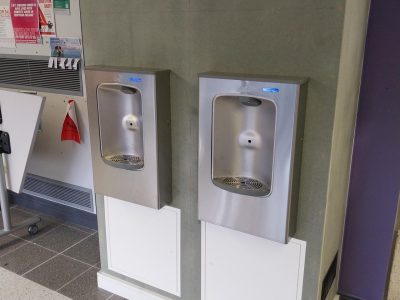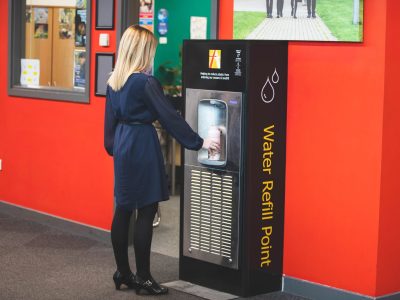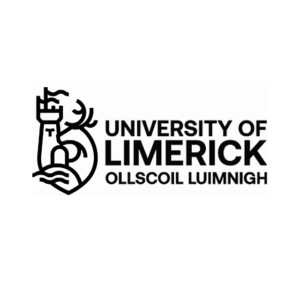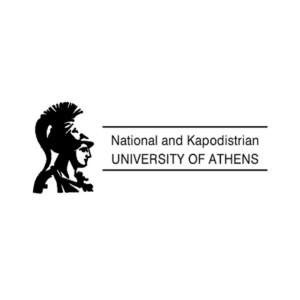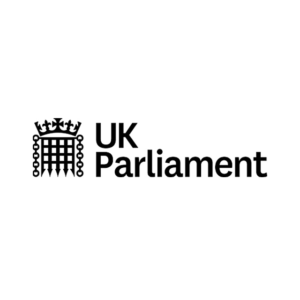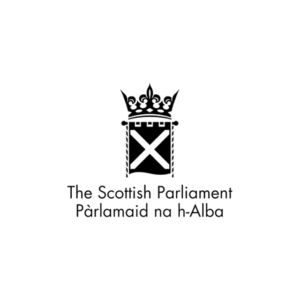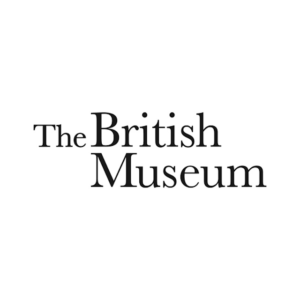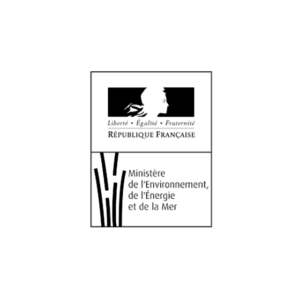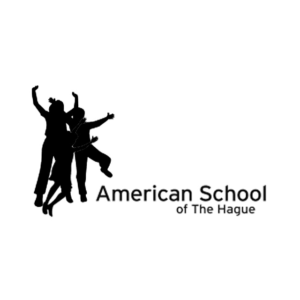In 2013, the Government launched Healthy Ireland, the framework for improved health and wellbeing 2013-2025.
The vision of Healthy Ireland is that “veryone can enjoy physical and mental health and wellbeing to their full potential, where wellbeing is valued and supported at every level of society and is everyones responsibility”
Six thematic areas emerged:
- Healthy environment.
- Addictive behaviours.
- Sexual health and wellbeing.
- Mental health and wellbeing.
- Healthy eating.
- Physical activity.
Environmental issues received strong support; the highest level of support given was to the provision of alternatives to single use plastics. Case study
Healthy Environment
Key actions include: ensuring that all people of all ages have equitable access to an environment that promotes health and wellbeing; phasing out single use plastics; promoting sustainable energy management; enhancing air quality; reducing noise pollution;sustainable landscape management and protection of UL’s green and blue spaces; and prioritising sustainable transport.
Proposed Actions:
- Reduce Pollution and Waste
- Water bottle refill stations to be installed.
- Phase out single-use plastics
- Single-use cups to be compostable and composting bins in place
Healthy Eating
Key actions include the need to audit current foods, meals and drinks on offer around campus with respect to their cost, appropriateness for cultural and dietary restrictions and overall nutritional value. The aim is to increase the availability of healthy, affordable and culturally appropriate food around campus to deliver on a healthy eating agenda for UL.
Proposed Actions:
- Comprehensively audit current food, drinks and meal offerings campuswide
- Incorporating restaurants, cafes, shops, vending machines, drinking water fountains.
President of UL Environmental Society, Christopher Asmus, said that being able to influence the installation of water fountains across campus was one of the hallmarks of the society, as ‘t’ often hard for individuals, not just students, to see the real impacts of this kind of waste… Most people don’t care as they can’t see it,”
F.unding for new water fountains in UL Buildings and Estates were secured after much lobbying by students for better, more user-friendly water fountains.
Back in 2016, UL Environmental Society built a ‘ater bottle collector to indicate how much students use plastic water bottles to only then throw them away. This drew attention to how much plastic was being wasted on a weekly basis in UL. Within 9 months since in-stalling one P8EBFY into Limerick library 214K bottles were saved from landfill Elizabeth Gabbett, of the UL Environmental Committee stated that the fountains will give students “a well-designed, clean water dispensing facility and count the number of fills which encourages people to be environmentally aware.”

